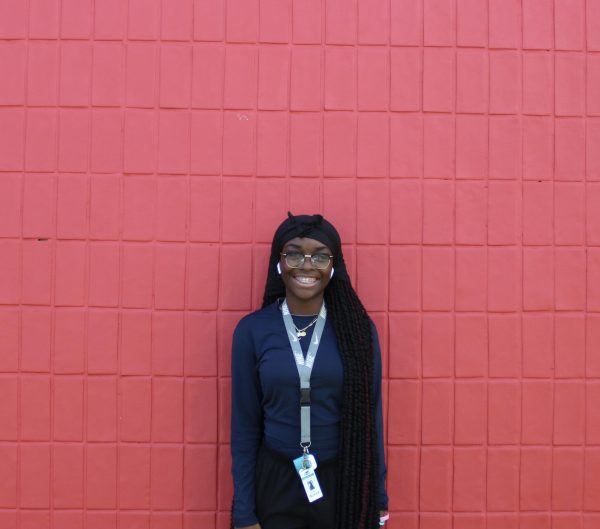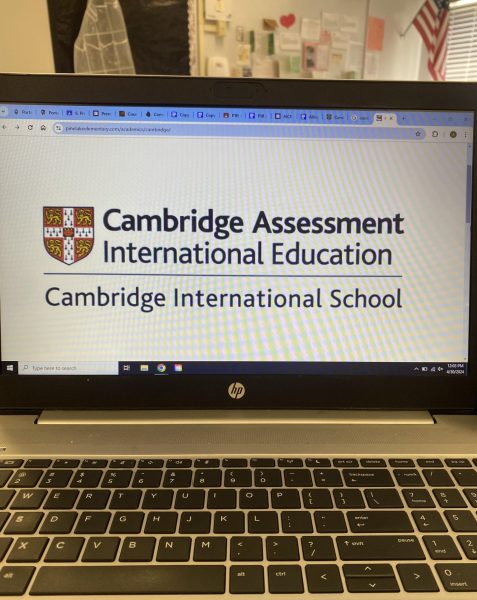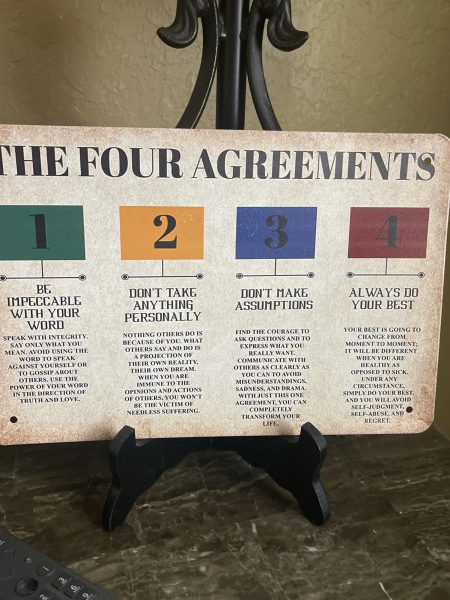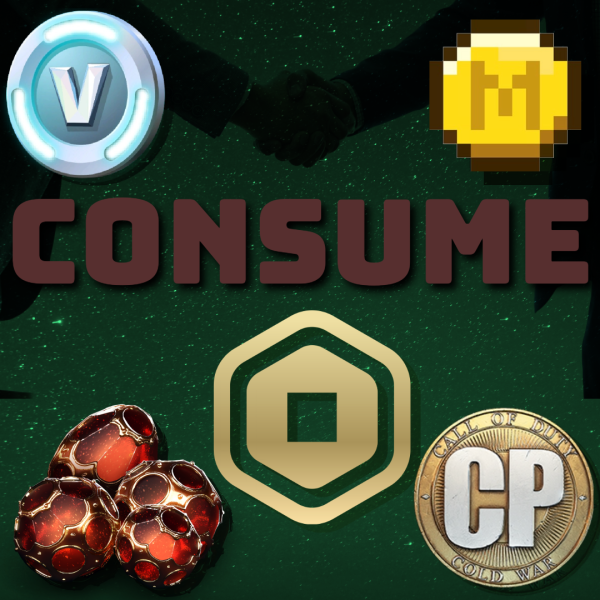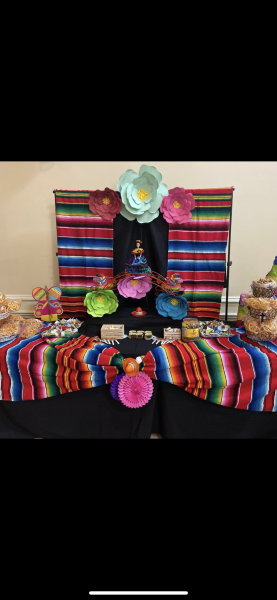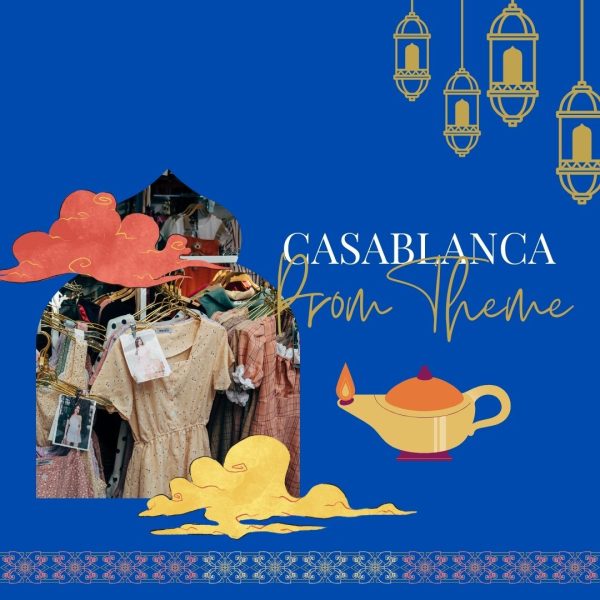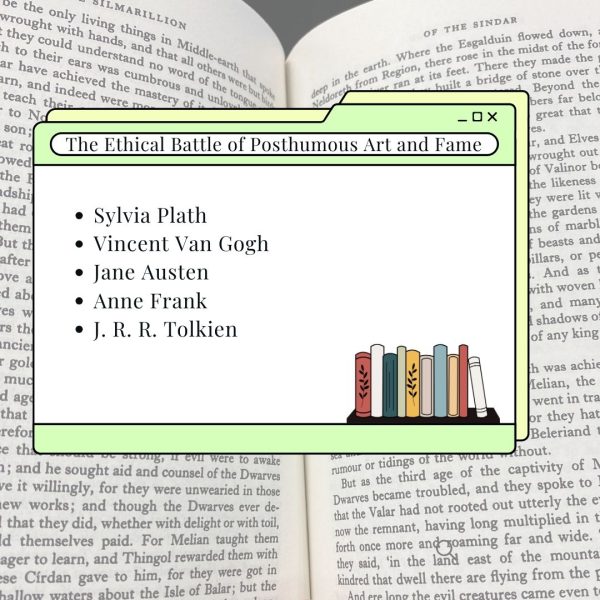Is Being Homosexual Genetic Or Environmental?

This image demonstrates the unity individuals should have despite sexual orientation.
November 29, 2021
The term “LGBTQ+” is well-known throughout the world. This five-letter acronym stands for lesbian, gay, bisexual, transgender, and queer or questioning, with the plus sign representing sexual identities other than heterosexuality.
Many people beyond the LGBTQ+ community ponder if people are born into this community or if their decision to be homosexual is influenced by their lifestyle or environment.
Studies have been conducted to discern whether or not there is a “gay gene,” but the findings have yet to be proven to be 100 percent authentic.
As little babies coming out of the womb, you can not automatically deem a baby to be a part of the LGBTQ+ community. However, as time progresses, children grow to have preferences. For example, what toys they prefer, their favorite toy, color, clothing, and so on…
In society, it is generally accepted that girls are intended to play with dolls, play dress-up, use makeup, etc… As for boys, they’re expected to play with car toys, wear “boy clothes”, play in the mud, among several other activities that boys “typically do.”
Furthermore, at baby gender reveals, the color pink is associated with a girl and the color blue is associated with a boy.
However, how can a parent automatically anticipate that their son or daughter will be heterosexual or part of the LGBTQ+ community?
Were the signs there all along?
Parents realize that growing up, their son played with dolls at a young age, dressed up in dresses, always used makeup. Their daughter dressed up in “boy clothes,” played with cars, hated dresses.
Does this mean a child’s childhood determines whether or not their sexual orientation will be heterosexual or homosexual?
According to a poll that was conducted in 2015, 51% of Americans believe that people are born gay or lesbian, while 30% believe that environmental factors determine sexual orientation.
A study was conducted back in 2013 with identical twins to determine whether homosexuality was in fact genetic.
Prenatally, twins are tended for under the same conditions, therefore it’s reasonable to hypothesize that they will have the same sexual orientation.
Since identical twins have the same genes, it’s logical to believe that if one twin is lesbian or gay, the other twin will be lesbian or gay as well, but this isn’t true for every set of twins in America.
According to studies, if one identical twin has same-sex attraction, the probability of the second twin to have same-sex attraction is 11% for men and 14% for women.
The Glo.Twinz, social media twin influencers, are a prime example of this. Pierre, on the left, is homosexual, while Paris, on the right, is heterosexual.
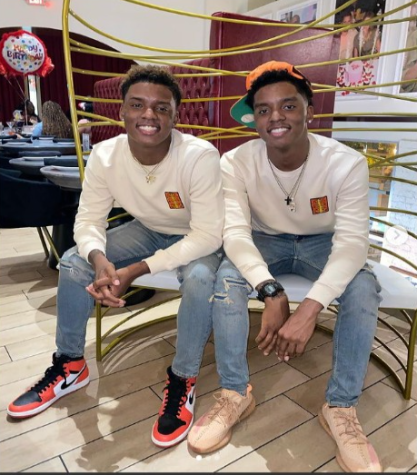
Another great illustration of this is the Splash Twinz, who are also big social media twin influencers on TikTok, Youtube, and Instagram. Trechelle is heterosexual, while Treona is homosexual.
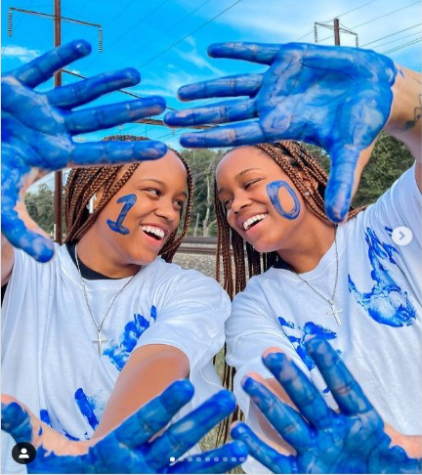
Questioning several people on whether they believe being a member of the LGBTQ+ community is genetic or environmental, the responses were half and half. Many said that being a part of the LGBTQ+ is the way you are born, while others state that you choose to have a sexual attraction to people other than the opposite gender.
“I don’t think anyone is necessarily born gay, you choose to be gay,” Laura, a sophomore at Santaluces, says.
Although being gay doesn’t define the whole LGBTQ+ community, that’s what many tend to think when they hear LGBTQ+.
Despite the controversy on whether you are born part of the LGBTQ+ community, that’s beside the point. One shouldn’t be judged solely based on their sexual orientation. Whether one is “born gay” or their upbringings make them LGBTQ+, that shouldn’t determine the way one is treated.
“Personally, I believe the question is irrelevant. Why does it really matter if someone is born a part of the LGBTQ+ community or if the environment makes them the way they are?” says one student. “No matter what someone’s sexual orientation is, they shouldn’t be seen as different.”

